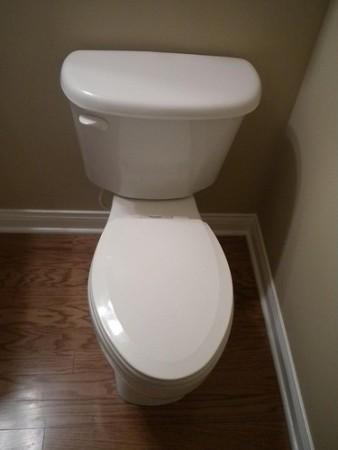
A pill developed from human poop can effectively cure some life-threatening gut bug infections, according to a team of Canadian researchers.
Study researcher Dr. Thomas Louie, professor of medicine at the University of Calgary in Alberta (Canada) told Associated Press that the poop pills provides better results than the antibiotics.
The study included 32 patients constantly troubled with the bacterial infection, Clostridium difficile (C. difficile). The C. difficile is considered to be the most common infection contracted by patients during their stay at the hospital. According to National Health Service (NHS) Choices, UK, the bacteria Clostridium difficile are "naturally present in the gut of around two-thirds of children and three percent of adults."
Normally, the bacteria are harmless for healthy people. But when the good bacteria present in the gut are killed by antibiotics, C. difficile increases in number, producing toxins in the body, leading to diarrhoea and fever. Though, in majority of cases people infected with C. difficile make a full recovery, several of them can prove to be fatal.
The participants reported falling sick with the infection at least four times before they enrolled for the study. They were given the poop pill for a particular period and researchers followed them up for three months to three years. Almost all patients recovered fully from their infection after taking the pill and only one patient experienced recurrence as he had taken antibiotics for treating another disease, Live Science reported.
The pills were made from fecal matter collected from healthy donors. Researchers processed the poop and separated bacteria from it. The bacteria were then filled into three-layered capsules. Dr. Louie said that the capsule will not break until it reaches the small intestine.
The current findings support a study reported in 2012 that found that poop transplants can cure severe cases of Clostridium difficile. However, in that study, patients were treated by mixing stool of healthy people with water and transferring it directly into the patients' colons through tubes.
"Pills are a great option because they're easier for patients to take, [and] don't involve costly, invasive procedures," Louie told Live Science.
The findings were presented Thursday, Oct.3 at the IDWeek, 2013 meeting held in San Francisco.

















